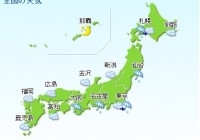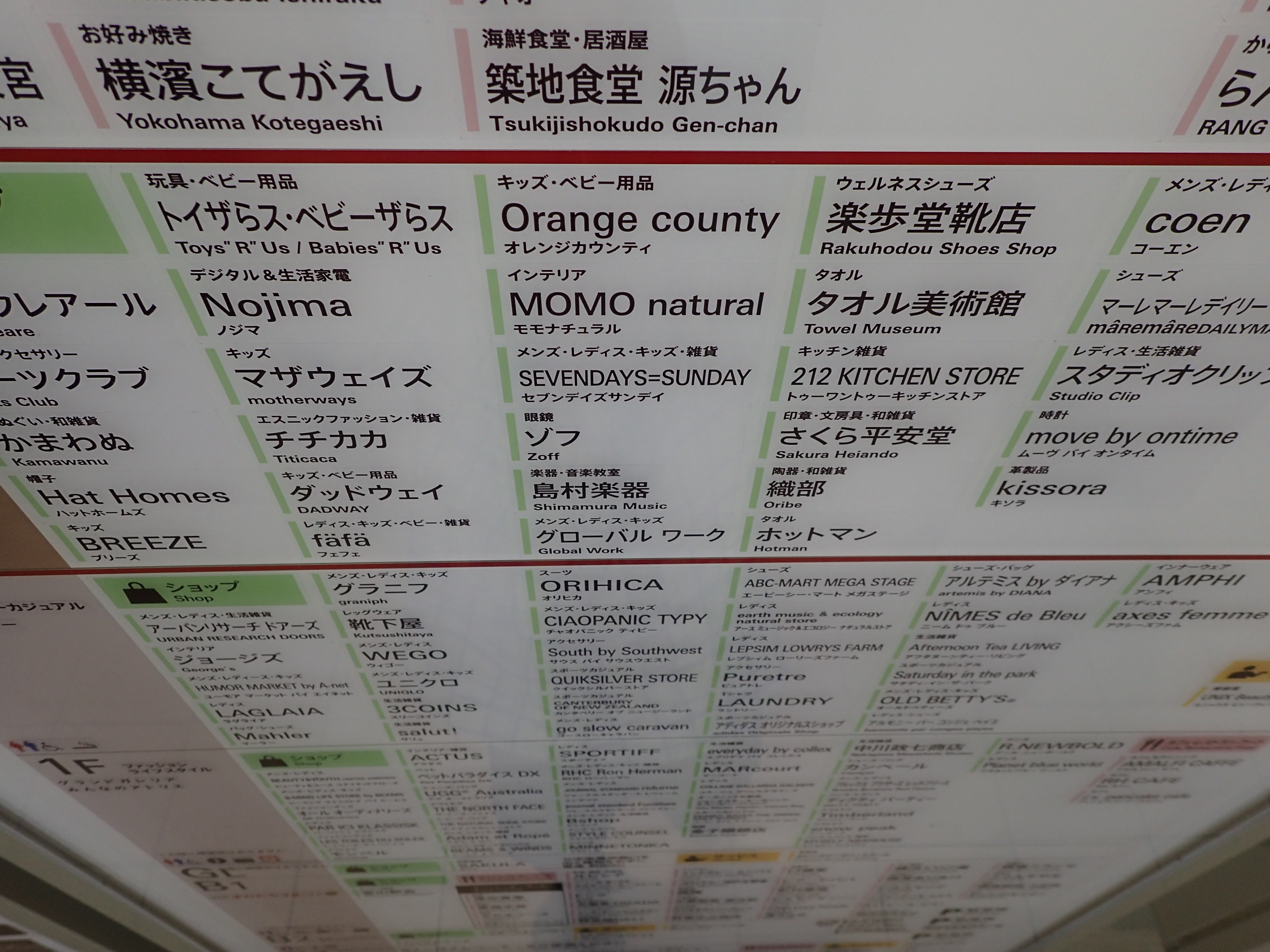Need something translated from Japanese to English?
In the process of writing this blog, one thing I’ve discovered is that I enjoy the challenge of translating from Japanese to English. To that end, I’ve decided to put out a call for translation requests. I’m open to translating anything including portions of Manga, TV dramas, movies, novels, or newspapers. The only requirement is… Read More »

